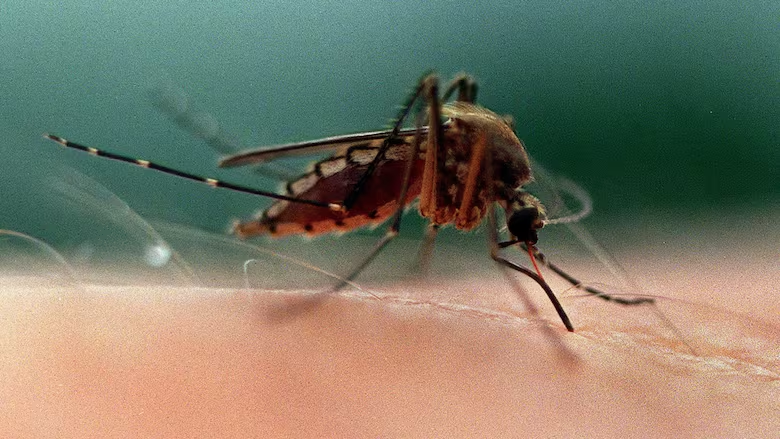A new health study has started in British Columbia’s Sea-to-Sky region after four people developed serious illness linked to mosquito bites. The patients were infected with viruses from the California Serogroup, which led to brain swelling. Though all four people recovered, health officials were alarmed by the severity of the symptoms.
These viruses are not new to the province, but it is rare to see them cause such strong effects. Officials believe all four people were infected in the Sea-to-Sky region, which stretches from Howe Sound to Whistler and Pemberton. As a result, health teams are now working to better understand how mosquitoes in the area are spreading disease.
Vancouver Coastal Health has launched a three-month project to monitor mosquito activity. Special traps have been placed throughout the region. The goal is to study which mosquito types are present and what viruses they might carry. The trap sites were chosen based on advice from environmental experts, local First Nations, and the patients who fell ill.
Health officers say the mosquito season in British Columbia normally runs from May to October. But warmer temperatures, driven by climate change, may be helping mosquitoes stay active longer. That means the season could last into the cooler months in the future, raising the risk of infection.
Dr. Moliehi Khaketla, a medical health officer with Vancouver Coastal Health, explained that the viruses involved do not usually cause symptoms. Most people who are infected feel nothing. But in rare cases, symptoms like fever, headache, nausea, vomiting, or extreme tiredness can occur. In very rare cases, brain inflammation may develop.
The two specific viruses found in these cases are the Snowshoe Hare virus and the Jamestown Canyon virus. Since 2009, there have only been ten known cases of these viruses in British Columbia. Before these recent four infections, only two were reported in the Vancouver Coastal Health region.
Because of the possible health risk, officials are urging people to protect themselves from mosquito bites. Recommended steps include wearing long-sleeved clothing, using insect repellent, and getting rid of any standing water around homes where mosquitoes might breed. Even small puddles can be mosquito hotspots.
Dr. Khaketla emphasized the importance of early medical care for people who show severe symptoms after mosquito exposure. Anyone who has been in the Sea-to-Sky region and starts feeling very ill, especially with fever, headaches, or seizures, should seek help right away.
Another medical health officer, Dr. Rohit Vijh, added that the study was designed with input from the affected communities. Experts will use the data from the traps to better understand how mosquitoes spread in the area and how often they carry viruses. This will help shape future public health actions.
The health authority says this research is not only about the current cases. It’s also about being ready for future threats, especially as weather patterns shift due to climate change. With more warm days each year, mosquitoes could become a bigger problem than they have been in the past.
As mosquito season begins, public health leaders want everyone in the Sea-to-Sky region to be aware of the risk. While most mosquito bites are harmless, some can lead to illness. The new study aims to help people stay safe by learning more about local mosquitoes and the diseases they might spread.

